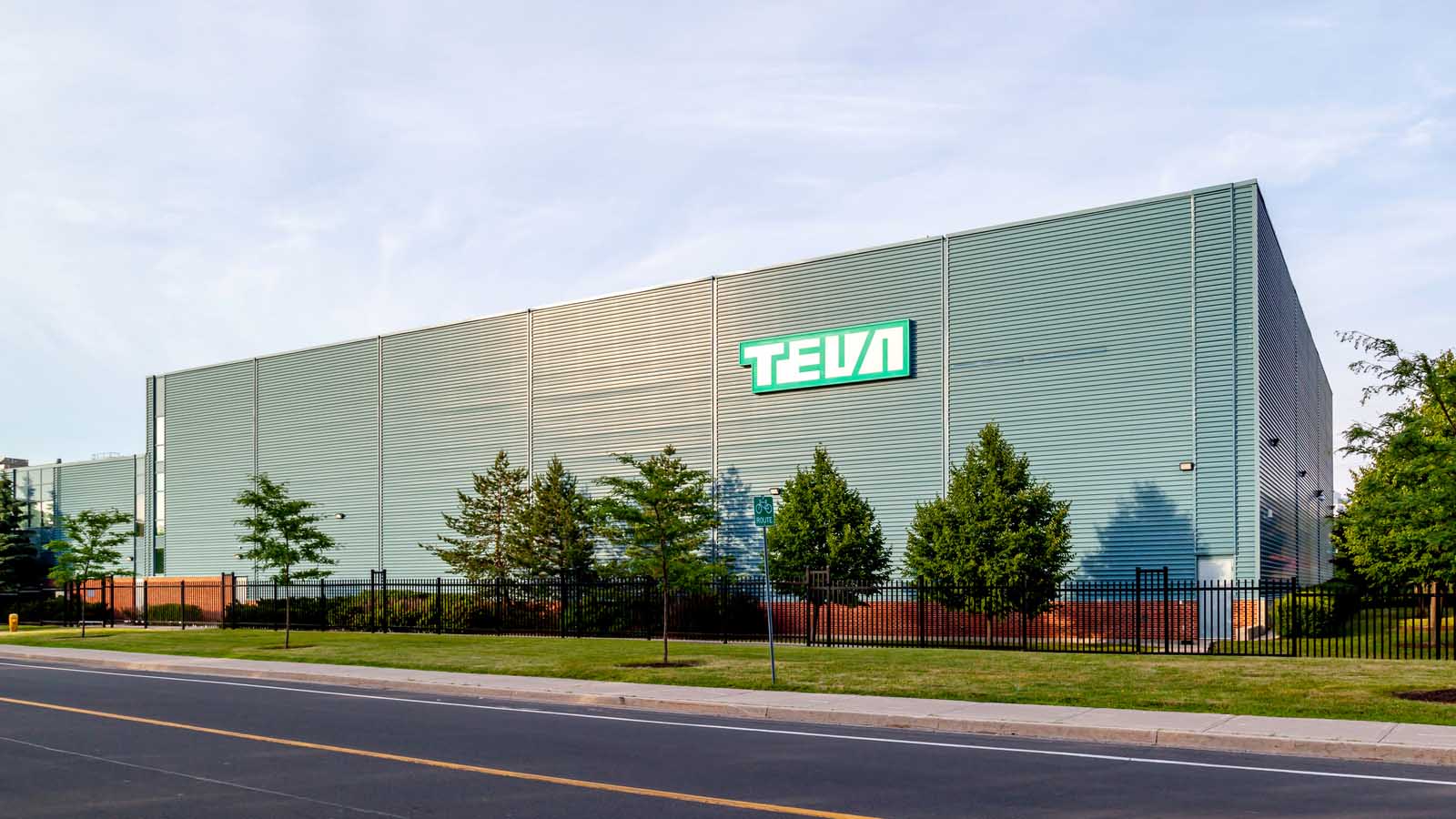Shares of Teva Pharmaceuticals (NYSE:TEVA) were up over 9% in late trading on Feb.12. The company posted EPS and revenue that exceeded analysts’ expectations.

The earnings report made it three quarters in a row that Teva stock has beaten revenue expectations. The bottom line number marked a reversal from the third quarter. In that quarter, the company missed on EPS.
The positive earnings report was good news for a company that needs it. But the results already were baked into the stock.
The Company Has Successfully Cut Costs
Teva has been facing two significant roadblocks to growth. The first was unwinding a pile of debt the company took on from its $40 billion purchase of Actavis Generics from Allergan (NYSE:AGN) in 2016. The company is still bringing forward about $25 billion in liabilities.
The company is also forecasting a loss of revenue from its top-selling multiple sclerosis drug Copaxone. Teva is forecasting that sales of Copaxone will drop to $1.2 billion from $1.5 billion. To help with that, the company has just completed a $3 billion restructuring.
This is helping lower the company’s operating costs. But what investors will be keen to monitor is alternate revenue streams. The company is expecting to make up some of the decline in Copaxone revenue with increased sales of Austedo and Ajovy which have begun to pick up. Austedo is a treatment for tardive dyskinesia. Ajovy is a migraine treatment.
Teva and the Opioid Lawsuit
The second obstacle is a lack of resolution in the company’s legal battle that spans five states. Teva is among one of several drugmakers listed in the lawsuit. The suit alleges that Teva (among others) bears responsibility for the expansion of the opioid epidemic that has plagued the United States for several years.
Teva’s stock briefly went up in October on the announcement that it had offered a settlement. In the settlement offer, Teva agreed to pay $250 million in cash over ten years. The company will also supply $23 million in drugs. The total settlement for all the companies involved would total $48 billion.
However, the settlement is not approved by all the attorneys general involved. In October, Teva was optimistic that it would have a resolution by the end of the year. But with the calendar moving deeper into 2020, the settlement is still not approved.
Perhaps for legal reasons, the company did not offer any further guidance on a resolution during the conference call. In fairness, there may be a resolution to the lawsuit in short order. However, in an election year, it may drag on for some time. And that means it could still be hanging over the stock for some time.
The Trend Is Against Teva Stock
Teva stock has been trending down since reaching its all-time high in 2015. The bigger problem is that the stock dipped below $20 late in 2018. Since then, it has never regained that level. In fact, the stock topped out at just over $19 in 2019. Currently, it would take a surge of more than 40% for Teva to reach $20.
However, the stock has surged over 100% since August. It makes you wonder if there is any more run left in the stock. Even if the stock went up by 20%, Teva would be generating a nice return. But that would put the stock around $16 per share. And Teva stock hasn’t been higher than $15 per share since April 2019. To reach that level, the stock would have to rise just over 10% from current levels.
If the company can put the lawsuit behind it, it would go a long way to taking away uncertainty, but right now I think Teva has already priced in all its good news.
As of this writing, Chris Markoch did not hold a position in any of the aforementioned securities.
